According to the Ministry of Agriculture and Rural Development, since Circular No. 04/2024/TT-BNNPTNT of the Ministry of Agriculture and Rural Development amending and supplementing a number of articles of the Circulars regulating the quarantine of terrestrial animals and animal products took effect (from May 16, 2024 to September 25, 2024), a total of 55 batches tested positive for Salmonella out of a total of 6,679 batches tested for Salmonella, accounting for nearly 1%.
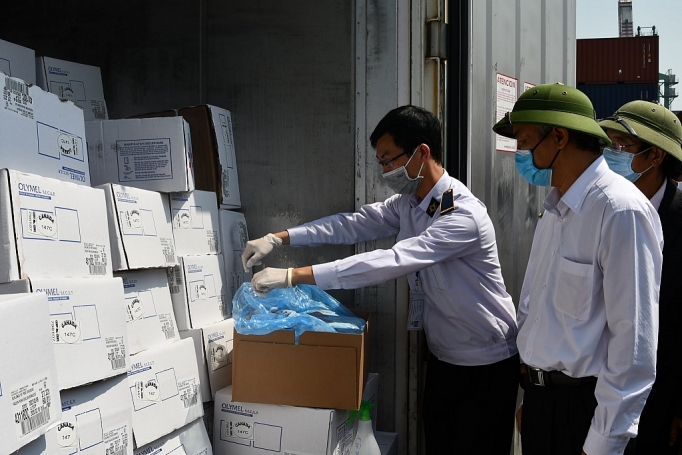 |
| On April 28, 2023, Deputy Minister Phung Duc Tien inspected the quarantine and customs clearance of pork imports at Hai Phong port, Hai Phong city (Illustration photo) |
Thus, if Salmonella testing was not performed, a large quantity of over 1,319 tons of animal meat contaminated with Salmonella would have been imported into Vietnam, posing a very high risk of causing epidemics, food insecurity, and affecting the health of Vietnamese consumers.
Import quarantine for negative batches is carried out within 1-3 days; only about 1% of positive batches of animal products need to be isolated and cultured for confirmation, which takes 5-6 working days in accordance with current legal regulations.
Regarding the issuance of Circular No. 04/2024/TT-BNNPTNT causing difficulties for import, the Department of Animal Health held meetings with the Agricultural Counselor and officials of the Embassies of Australia, New Zealand, the United Kingdom, and Canada. These countries all confirmed that there were no major problems.
However, some Agricultural Counselors from the United States, Brazil, Singapore, France, Korea, Spain, Denmark, the Netherlands, etc. expressed concern about the issuance of Circular No. 04/2024/TT-BNNPTNT, which makes it difficult for countries to import meat, and requested to discuss and clarify regulations on quarantine of animals and terrestrial animal products.
In response to this request, on June 27, 2024, the Vietnam National Sanitation and Plant Quarantine Information and Enquiry Point (Vietnam SPS) held a meeting with the US side at the WTO headquarters; at the same time, invited the Director of the Department of Animal Health, Department of International Cooperation (to attend the online meeting) to discuss and answer questions from the US side.
The Department of Animal Health affirmed that the issuance of Circular No. 04/2024/TT-BNNPTNT complied with the provisions of international law and did not cause difficulties for import enterprises in the recent past.
Specifically, from May 16, 2024 (when Circular No. 04/2024/TT-BNNPTNT takes effect) to June 16, 2024 (after 1 month of implementation), countries exported 59,461 tons of meat and meat products to Vietnam, equivalent to the same period in 2023 (60,516 tons of meat and meat products) and equivalent to April 2024 (60,525 tons of meat and meat products).
Thus, up to now, the implementation of Circular No. 04/2024/TT-BNNPTNT has not affected the quantity of animal products from countries exporting to Vietnam.
Meanwhile, the EU Regulation on Salmonella and E.coli standards is that there must be no Salmonella spp in 25g of meat; the total E.coli number must not exceed 102 to 5,102 depending on the type of product. The UK requires Vietnam to have a National Program to monitor Salmonella spp for processed chicken products that are being negotiated for export to this country.
South Korea also has similar requirements for Salmonella spp control. Japan, the Russian Federation and the Eurasian Economic Union have requested Vietnam to organize Salmonella spp control when negotiating and exporting cooked chicken to these markets.
China requires monitoring and testing for Salmonella spp when exporting milk to its market. Singapore stipulates that there is no pathogenic serotype of Salmonella (Enteritidis; Pullorum, ...) in 25g; no pathogenic serotype of E.coli group O (such as O157) in 25g of beef.
Domestically, businesses and associations have made recommendations to the Prime Minister and the Ministry of Agriculture and Rural Development on strict control of imported goods to protect domestic livestock and the health of domestic consumers.
For example, CJ Group in Vietnam sent the Prime Minister in Official Dispatch No. 24/2024/CV-CJ dated January 25, 2024, proposing a number of urgent solutions to remove difficulties in livestock development in Vietnam. Accordingly, the unit recommended that the Prime Minister continue to pay close attention and direct relevant agencies to use many preventive measures to minimize the import of livestock products into Vietnam. At the same time, it proposed to issue "... technical barriers in trade defense, restricting the import of unwanted food and livestock products into Vietnam".
Domestic livestock associations also sent documents to the Prime Minister and the National Assembly Chairman; the National Assembly Standing Committee and relevant ministries and branches on strict control of imported goods, similar to regulations on quarantine of animals and domestic livestock products, protecting animal health and consumers. National Assembly deputies also had questions to strengthen control of imported meat.
The Ministry of Agriculture and Rural Development said that in the first 7 months of 2024, Vietnam imported over 450,000 tons of meat and animal by-products for food, an increase of 6.4% (for meat products alone, it reached over 320,000 tons, an increase of over 40%) compared to the same period in 2023.
Source: https://congthuong.vn/phat-hien-gan-1320-tan-thit-nhiem-salmonella-truoc-khi-nhap-khau-349759.html



![[Photo] Prime Minister Pham Minh Chinh chairs the fourth meeting of the Steering Committee for Eliminating Temporary and Dilapidated Houses](https://vphoto.vietnam.vn/thumb/1200x675/vietnam/resource/IMAGE/2025/5/11/e64c18fd03984747ba213053c9bf5c5a)
![[Photo] National Assembly Chairman works with leaders of Can Tho city, Hau Giang and Soc Trang provinces](https://vphoto.vietnam.vn/thumb/1200x675/vietnam/resource/IMAGE/2025/5/11/c40b0aead4bd43c8ba1f48d2de40720e)
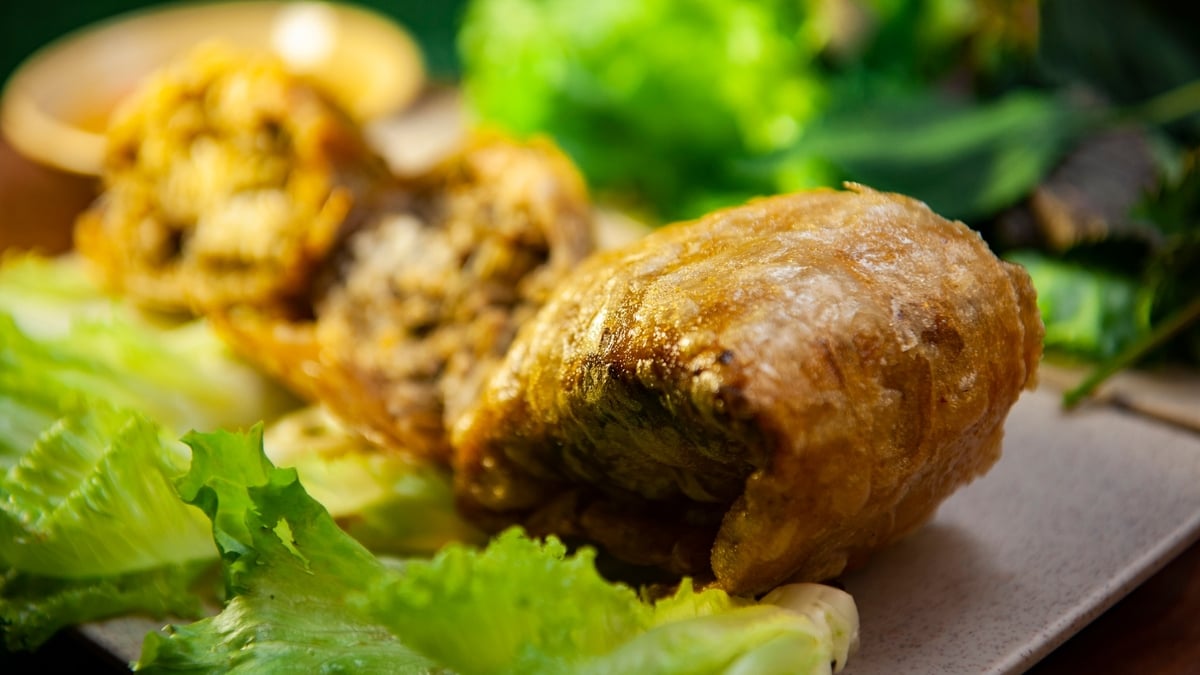
![[Photo] The moment Harry Kane lifted the Bundesliga trophy for the first time](https://vphoto.vietnam.vn/thumb/1200x675/vietnam/resource/IMAGE/2025/5/11/68e4a433c079457b9e84dd4b9fa694fe)
![[Photo] Discover the beautiful scenery of Wulingyuan in Zhangjiajie, China](https://vphoto.vietnam.vn/thumb/1200x675/vietnam/resource/IMAGE/2025/5/11/1207318fb0b0467fb0f5ea4869da5517)


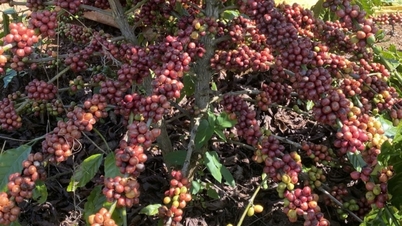
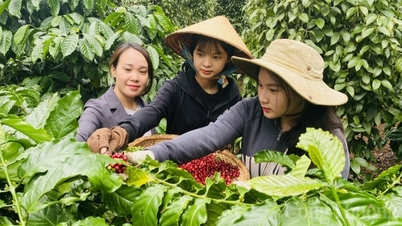

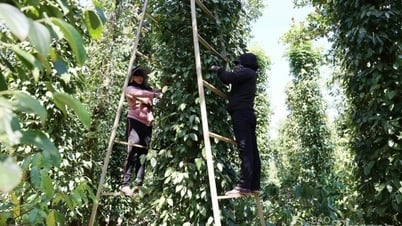





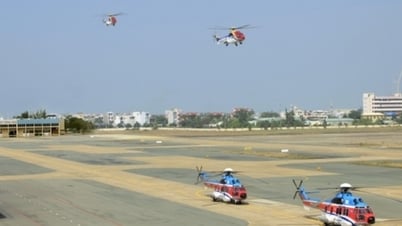





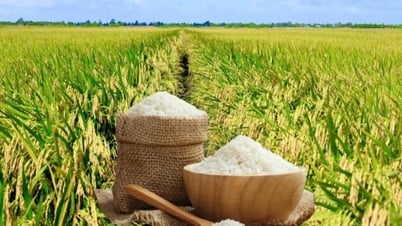
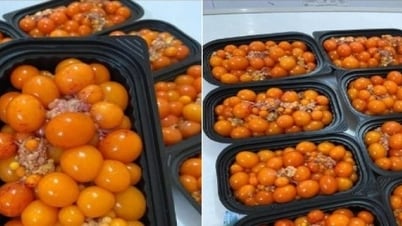


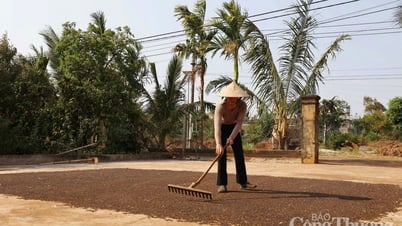
















































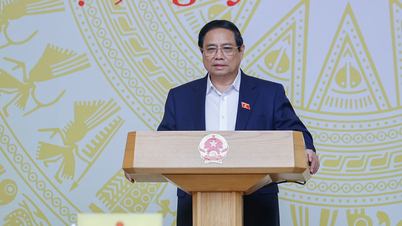


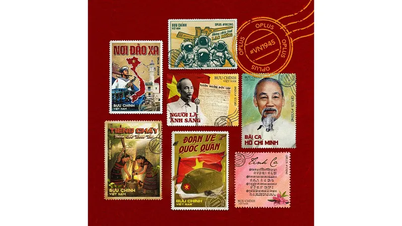

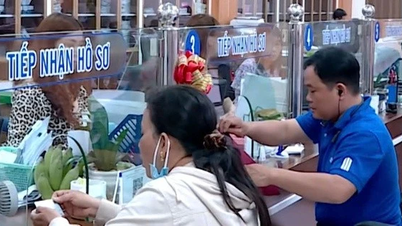












Comment (0)